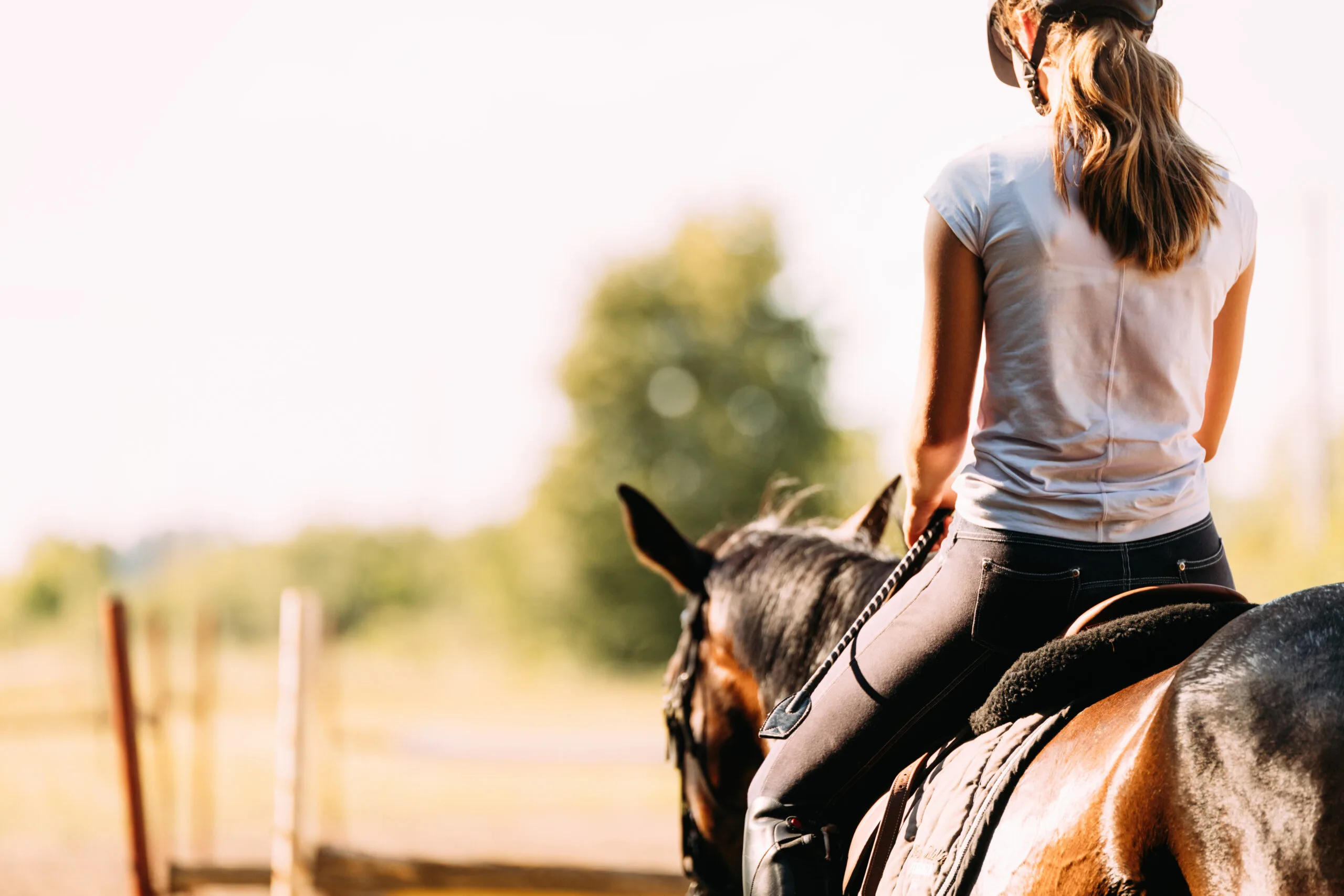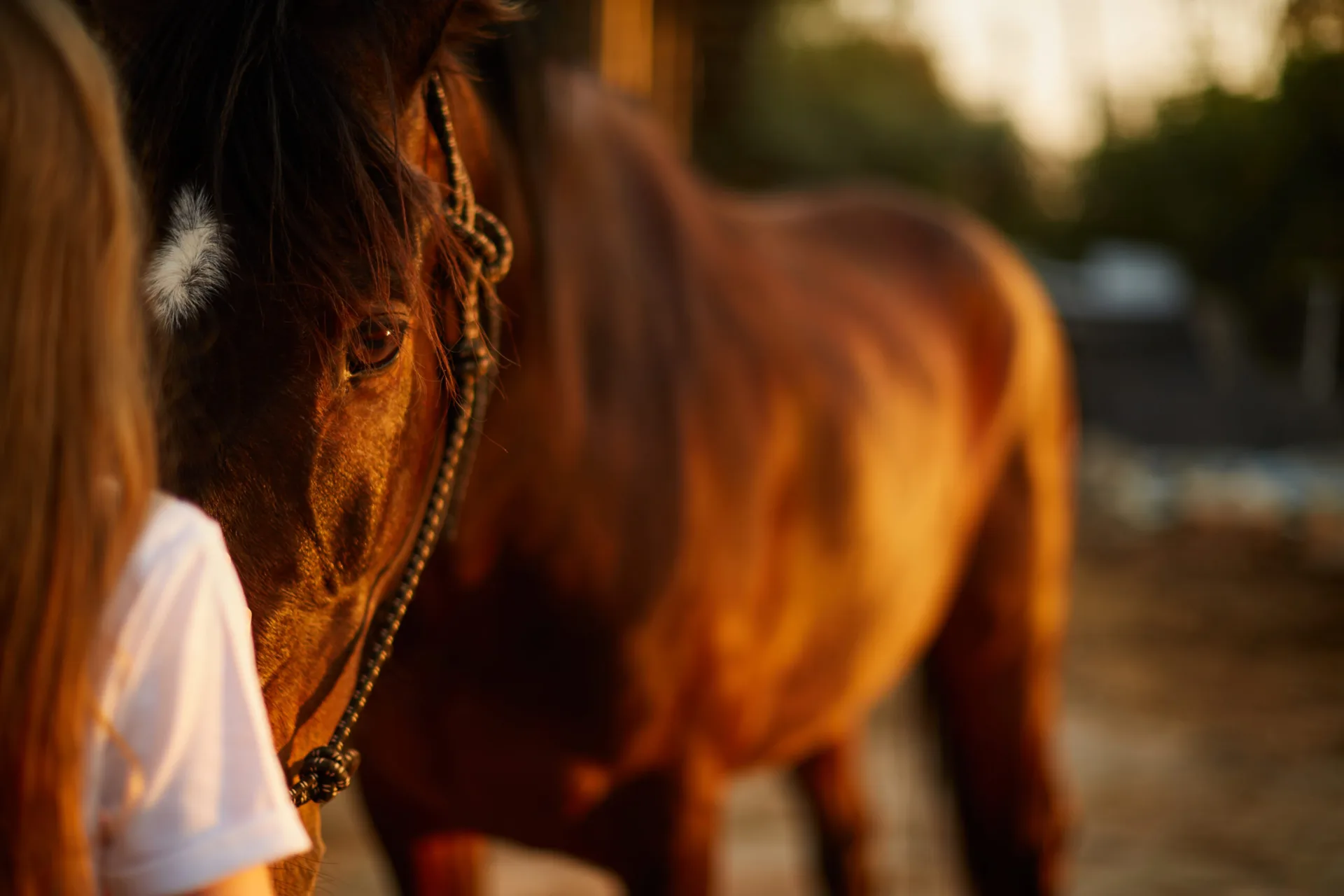
3 Aspects of the Psychology of Being Carried
The nature of the human being strongly indicates the importance of prolonged and extensive care and nurturing of the young. We can see the importance of this care and protection demonstrated while the child is in the womb, as well as after the child is born. These biological phenomena point to the deeper psychological need of every human to be nurtured far beyond the childhood age. As awareness of the long-term effects of the child-to-parent relationship has grown, our scientific understanding of nurturing psychology has been developed in such a way that demonstrates the human need to be nurtured at all ages– even into adulthood.
1. Carried in the womb
Every human being’s life originated in the womb of their mother. Regardless of where, when and how you were born, your life began as a small embryo that was entirely dependent on your mother’s body for nourishment, growth and safety. All your needs were accounted for, and you were soothed by your mother’s rhythmic movement, heartbeat, warmth and the sound of her voice.
Countless studies show the importance of the connection between mother and child in the womb. When the child needs certain vitamins and minerals, messages are passed through the umbilical cord to the mother to signal her body to produce those nutrients. A baby’s temperature is regulated by the mother’s body, regardless of the environment she is in.
Subliminal memories are formed in-utero as well. The child can hear sounds around 18 weeks gestational age, possibly even earlier. Evidence suggests that newborns can remember particular songs and rhythms, as well as recognize voices post-birth that they first heard in the womb – particularly the voice of the mother. For this reason, experts recommend playing music for babies before they are born, as well as talking to your child before you meet them.
2. Carried in childhood
The womb is just the beginning of a young person’s experience of being carried. Unlike many other animals, humans are what is called an altricial species, meaning they are born underdeveloped and cannot move or provide for themselves without the assistance of their caregiver. They require the nurturing of their parents to mature properly after birth.
On the contrary, the young of precocial species are born with most things necessary for survival on their own, including eyesight, hair or feathers, mobility, and the ability to source their food. For example, elephants can walk, eat and drink on their mere moments after birth. Baby dolphins are born swimming.
This simple biological distinction sheds light on the importance of young children being well-attended after birth. Their parents or primary caregivers must feed, nurse, clean, clothe and protect the defenseless creature whose care they have been entrusted with. For many months before and even after the child is independently mobile, the caregiver’s arms are the safest place to be.
3. Carried in trial and difficulty
Far beyond childhood, we can still observe the power of being carried on a psychological level. One common denominator that people share when going through difficult times in life is their need for a sturdy support system. Oftentimes, when looking back at grueling experiences, tragic losses or seasons of grief, people recount that they could not have done it alone. Many go so far as to say that they don’t know how they got through it, but somehow their friends, family or faith carried them to the other side. Whether it’s cooking and delivering meals, offering to clean someone’s home, helping to care for their children or simply lending a listening ear, adult humans feel nurtured through others’ support in difficult circumstances.
The Healing Power of Being Carried by a Horse
Regardless of the quality of someone’s relationship with their parents, anyone who is willing to be honest about their childhood will report that their parents were not always perfect. Some people have traumatic experiences with their parents, including abuse, neglect and abandonment. While time may pass, those wounds remain with us and impact the way that we relate to other people throughout our lives.
While receiving support from others can be a powerful means of healing and connection, there are not many times in adulthood that we can be physically carried; however, the trauma inflicted by caregivers or otherwise is stored in the body and therefore must be processed through the body. Mounted work in equine-assisted therapy is a very unique way that one can be physically carried, providing regulation to the brainstem through the input of bilateral movement as the person rides. Oftentimes, simply feeling the movement of the horse underneath them can cause certain memories to surface, allowing them to work through them in a therapeutic setting.
A deep bond can be formed between horse and rider as well, which can serve to heal wounds inflicted in childhood and awaken parts of themselves they may have thought to be lost. This can be especially powerful for people who are struggling to overcome drug and alcohol addiction. Oftentimes, addictive behaviors are rooted in painful experiences or trauma. People turn to substance use to cope with memories and feelings that feel overwhelming or out of their control. However, just as many deep wounds can be inflicted through relationships, they also find their deepest healing through relationships – even if that is a relationship with an animal.
Find Healing on Your Path to Recovery Today
If you or a loved one are affected by substance use disorder, know that you don’t have to go through this alone. Healing modalities such as equine-assisted therapy may be a powerful medium of personal growth and peace in addiction recovery. Contact us online, or call [phone_linked] to begin a new chapter in your recovery story today.








